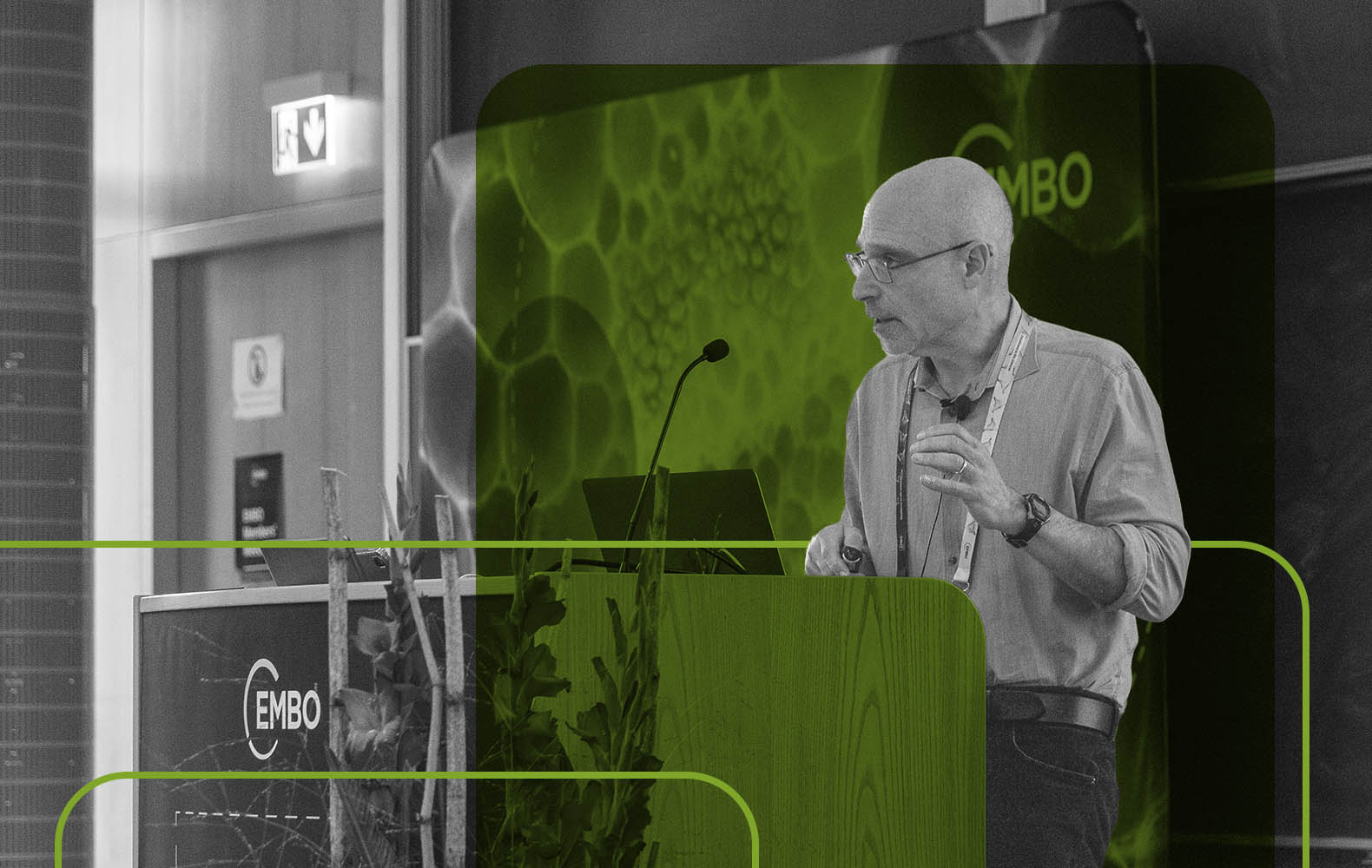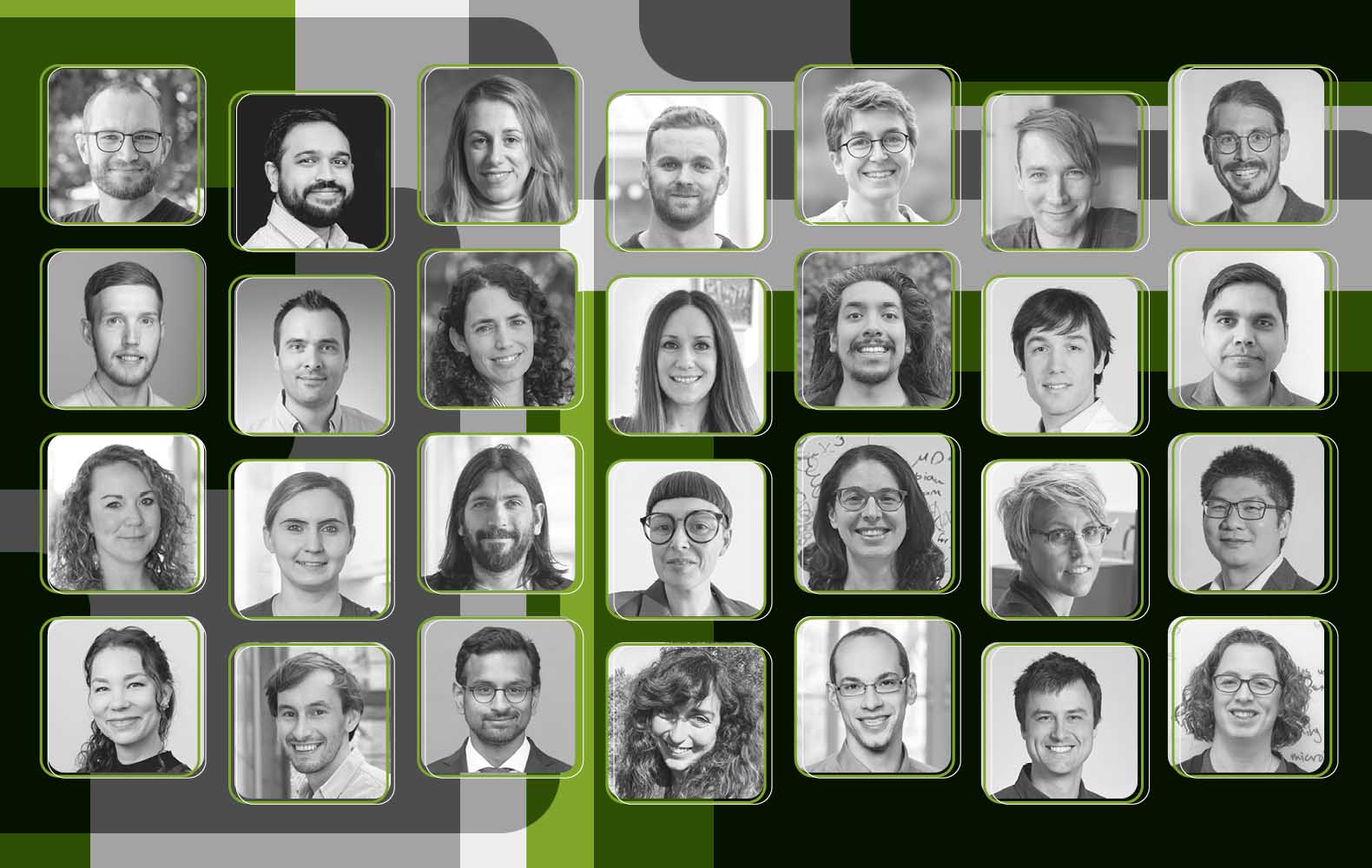Tom Baden was elected an EMBO Member in 2023 while still in the EMBO Young Investigator Programme (YIP). “It is prestigious and helpful,” he says. “People listen to you more.” He says the funding opportunities available through the YIP to attend meetings or hold lab retreats have been incredibly helpful. “You have an opportunity and then you wonder who is going to fund this and the answer is always EMBO!” he says. “It is so liberating.”
Baden studies the evolution of the brain. “The human brain is the most complicated object in the universe that we know of, and it be nice to understand how that happened,” he says. “We are getting better at describing how this neuron talks to that neuron and how that allows us to see or walk. But we are nowhere near understanding how the whole brain works.”
Baden seeks to identify similar transcription networks and individual neurons across different species as the start of tracing evolutionary lineages. He says being able to understand how the brain deals with different inputs and outputs may help identify the pressures that led to evolutionary change.
“The mouse retina is the best understood complex circuit of any vertebrate brain to the point where we have a name for probably almost all the neurons,” he says. “I can now compare the retina of a mouse with that of a squirrel which are different animals but evolutionarily close, as both are rodents.”
When comparing different species, such as fish and mice, Baden cautions against dismissing differences as simply species-specific and argues that research should seek to identify underlying principles. “We can start to get a feel for where evolution tinkers and that gives us two sets of information,” he says. “One is that evolution works through particular mechanisms but also that evolution does not touch others. and they are mechanisms that really matter because if you break those you get a dead animal.”
In 2012, Baden and current YIP Lucia Prieto Godino co-founded the charity TReND in Africa – Teaching and Research in Natural Sciences for Development in Africa. The group provides biomedical training courses, supplies research equipment to universities and supports and works with African researchers.
“Lucia put together the first course and it was meant to be a one-off in Uganda for 20 African neuroscientists,” Baden says. “It was clear very quickly that we could have a huge impact and one course became two and then three. It grew organically over time.”



